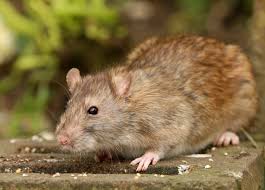Rat Control Oxfordshire
How will you know you have a rat problem?
Rats are generally nocturnal but you may see them in the daytime. You may see small holes like rabbit holes, foot prints, tail marks; smear marks from the grease on their bodies or droppings. You may also hear them in your loft or cavity walls. Finally, you may smell them.
Why should you have this controlled?
Rats carry disease, they cause damage by chewing through cables and water pipes, they kill other wildlife and breed prolifically soon causing infestation. They create nests in burrows and can cause damage by scavenging for nesting materials; they soil your food with urine, faeces and their body hair.
Rats are extremely intelligent and adaptable and are therefore difficult but not impossible to control.
What can you do to help before treatment of rats?
You can make a note of where you have seen any rats, you can ask your neighbours if they have seen any activity and you can leave any droppings or damage for us to look at when we survey your property.
What will we do?
We will check the area that you have seen the rats and then see which course of action we will consider in consultation with yourselves. The methods that we will discus will be traps, poisoning and proofing.
What happens after treatment?
Rats are attracted by the smell of rubbish, other animals and their food so you should take care when feeding your pets, or, if you feed wild birds and have bird table. You should also be very careful when you discard rubbish in your bins ensuring that they are closed securely and that rats cannot get into them. Rats need three things to survive: water, food, cover. Your garden will probably provide all of these to any rat in the area. It is therefore important that you keep these to a minimum. Additionally composting provides a warm place for rats to live and a supply of food in the winter.
